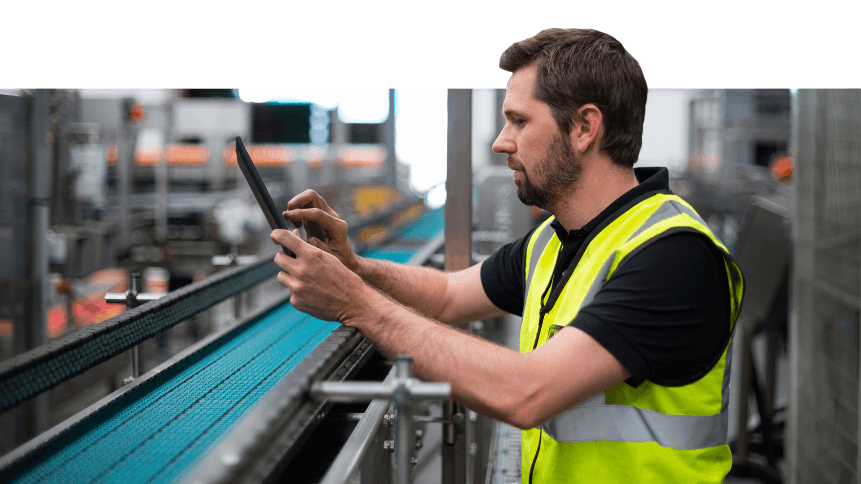UK’s first 5G factory trial commences

The first live 5G factory trials with new Internet of Things (IoT) applications are commencing in the UK at the Worcestershire 5G Testbed, which is widely seen as a landmark step towards the creation of smart factories in Britain.
In a nod towards the fourth industrial revolution, or Industry 4.0, the process allows manufacturers to test the potential of 5G investments.
Tests revolving around factory floor production, reconfigurations, real-time analysis and controlling machine movements remotely can now be conducted in a conducive environment.
Worchester Bosch has been tasked with testing 5G for improved factory output, exploring preventative maintenance, utilizing IoT sensors and data analytics to predict failures as well.
Qinetiq, a multinational defense company has also been hard at work in terms of designing security into the network and applications known as “security by design”, while Yamazaki Mazak, a global manufacturer, is also using 5G to conduct trials in order to test 5G’s role in enhancing factory productivity.
Troubleshooting applications will be the focus, as senior engineers remotely guide onsite engineers through machine maintenance.
The trials will all test end-to-end application performance, taking initial measures of 5G speeds and latency.
“Going live with the UK’s first 5G factory trials marks a monumental step in delivering the vision of the Worcestershire 5G Testbed to bring a productivity increase to the manufacturing sector and the UK economy,” Mark Stansfeld, Chair of the Worcestershire 5G Testbed & Trials.
“We are proud of the collaboration between all consortium members in making this happen and will be working closely to deliver the expected results from the live 5G trials,” he added.
YOU MIGHT LIKE

Reskilling workforces for the age of automation
Carl Arntzen, CEO at Worcester Bosch, said the team looked forward to measuring the productivity gains that will follow.
“It’s important to our business to have the real-time element 5G brings so that we can react in real time in the factory environment to mitigate any losses in output and protect and grow our business bottom line,” Arntzen said.
While 5G technology and Industrial Internet of Things (IIoT) as the backbone of tomorrow’s smart factories has been tipped to revolutionize the manufacturing industry, it also presents organizations with a new set of vulnerabilities.
While multiple industries stand to benefit— across energy and utilities, oil and gas, pharmaceutical and chemical production, food and beverage— the connected, always-online nature of these systems means entire factories could be vulnerable to often devastating cyber attacks.
Recent research on 850 production ICS networks by CyberX found that some 40 percent of smart factories are connected, one way or another, to public internet. Less than two-thirds (60 percent), meanwhile, could be considered ‘air-gapped’, whereby their ICS system can only be accessed on-site.
As far back as 2015, a hack of Ukraine’s power grid caused a blackout affecting 200,000 people, while Kaspersky Labs estimates that over 40 percent of ICS computers on its watch had been attacked by malicious malware at least once in the first half of 2018.









